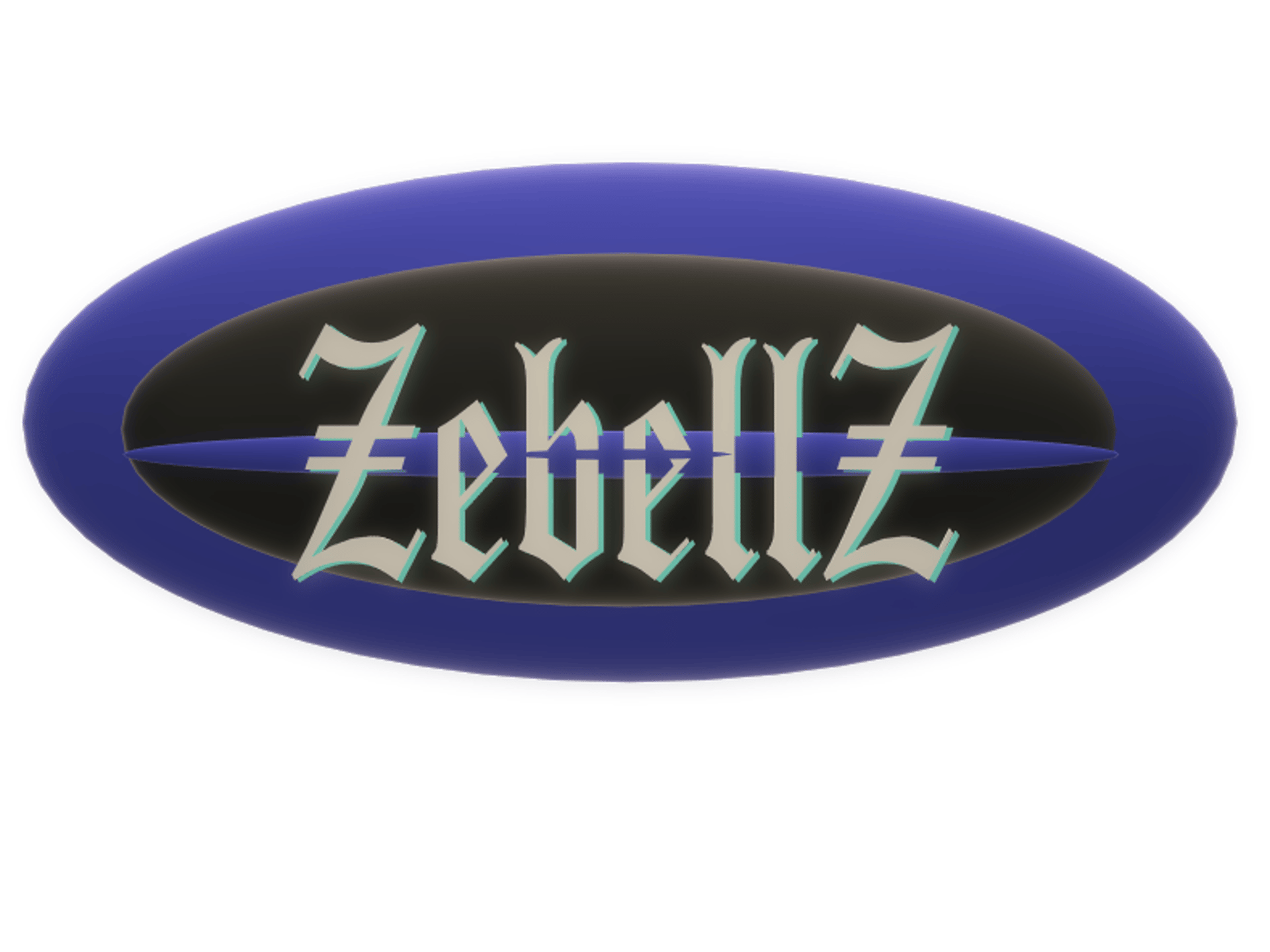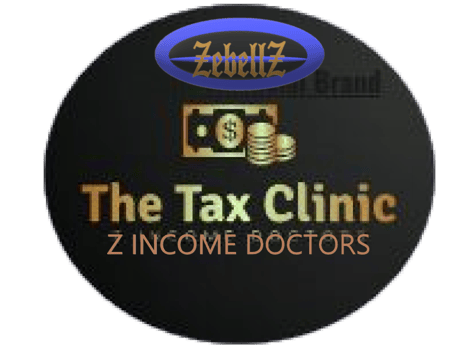Annual Filing Season Program - Record of Completion
Discover how to become an IRS certified tax preparer. This guide covers certification steps, required courses, and benefits of certification. Learn to enhance your credibility and advance your career in tax preparation.
JOBSPERSONAL FINANCES








IRS Tax Preparation Certification: Your Complete Guide
Introduction
This guide provides comprehensive information on becoming an IRS-certified tax preparer, including the certification process, requirements, benefits, and frequently asked questions.
1. Tax Preparation Certification IRS: Overview
The IRS offers a voluntary program called the Annual Filing Season Program (AFSP) for tax return preparers. While it’s not a mandatory certification, it provides recognition to preparers who voluntarily meet specific requirements.
Key points:
Voluntary program for non-credentialed tax return preparers
Aims to recognize preparers who pursue professional education and adhere to ethical standards
Provides a Record of Completion to those who meet the requirements
2. Become a Certified Tax Preparer: Steps to Success
Step 1: Obtain a Preparer Tax Identification Number (PTIN)
Apply for a PTIN through the IRS website
Renew your PTIN annually
Step 2: Complete Required Continuing Education (CE)
Take 18 hours of continuing education from IRS-approved providers, including:
6-hour Annual Federal Tax Refresher (AFTR) course
10 hours of federal tax law topics
2 hours of ethics
Step 3: Pass the Annual Federal Tax Refresher (AFTR) Test
Complete the test administered at the end of the AFTR course
Step 4: Consent to Adhere to Specific Practice Requirements
Agree to follow the practice requirements in Subpart B and section 10.51 of Treasury Department Circular No. 230
Step 5: Receive Record of Completion
After meeting all requirements and renewing your PTIN, you’ll receive a Record of Completion for the upcoming year
3. Importance of IRS-Approved Tax Preparation Courses
IRS-approved courses are crucial for maintaining high standards in tax preparation. They cover:
Federal Tax Law Updates: Keep preparers informed about the latest changes in tax legislation
Ethics in Tax Preparation: Ensure preparers understand and adhere to ethical standards
Best Practices: Provide guidance on accurate return filing and client management
Specialized Topics: Offer in-depth knowledge on specific areas of tax law
4. Benefits of Becoming a Certified Tax Preparer
Enhanced Credibility: Demonstrates commitment to professionalism and ongoing education
Limited Representation Rights: Ability to represent clients before certain IRS agents for clients whose returns you prepared
Inclusion in IRS Directory: Listed in the public IRS directory of return preparers
Professional Development: Access to up-to-date tax knowledge and best practices
Competitive Advantage: Stand out in the market of tax preparation services
5. FAQs about Tax Preparation Certification
Q1: What is the cost of becoming certified?
A: Costs vary but typically include:
PTIN application/renewal fee: $30.75 (as of 2024)
Continuing education courses: Varies by provider, typically $200-$500 annually
AFTR course and test: Usually included in CE course packages
Q2: How often do I need to renew my certification?
A: The AFSP Record of Completion is valid for one year. You must meet the requirements annually to maintain your status.
Q3: Where can I find IRS-approved courses?
A: The IRS provides a list of approved CE providers on their website. Many professional organizations and online education platforms offer qualifying courses.
Q4: What’s the difference between a certified tax preparer and an enrolled agent?
A:
Certified Tax Preparer (AFSP participant):
Voluntary program
Annual continuing education requirements
Limited representation rights
Enrolled Agent (EA):
Highest credential awarded by IRS
Must pass comprehensive exam or have qualifying IRS experience
Unlimited representation rights
Higher continuing education requirements (72 hours every 3 years)
Q5: Can I become certified if I’m new to tax preparation?
A: Yes, the AFSP is open to both experienced and new tax preparers. However, you may want to consider additional training or education in tax preparation before pursuing certification.
Conclusion
Becoming an IRS-certified tax preparer through the Annual Filing Season Program can enhance your professional standing and provide valuable benefits. By following the steps outlined in this guide and staying committed to ongoing education, you can build a successful career in tax preparation.
For the most up-to-date information, always refer to the official IRS website at www.irs.gov.
Here are the official IRS links for the key topics:
Tax Preparation Certification IRS: Your Complete Guide
Become a Certified Tax Preparer: Steps to Success
https://www.irs.gov/tax-professionals/afsp-top-faqwww.irs.gov
Additional important links:
PTIN Requirements and Application Process
https://www.irs.gov/tax-professionals/ptin-requirements-for-tax-return-preparerswww.irs.govAnnual Filing Season Program Information
https://www.irs.gov/tax-professionals/annual-filing-season-programwww.irs.gov
Key information from these sources:
The Annual Filing Season Program is a voluntary program designed to encourage tax return preparers to participate in continuing education courses.
To participate in the Annual Filing Season Program, you need to:
Obtain a valid Preparer Tax Identification Number (PTIN)
Complete 18 hours of continuing education from IRS-approved providers
Consent to adhere to specific practice requirements in Circular 230www.irs.gov
The PTIN application fee is $19.75 for 2025. You can apply online, which takes about 15 minutes, or use Form W-12 for paper applications.www.irs.gov
Continuing education requirements include:
6-hour Annual Federal Tax Refresher (AFTR) course
10 hours of other federal tax law topics
2 hours of ethicswww.irs.gov
Benefits of completing the program include:
Inclusion in a public database of qualified tax return preparers
Limited representation rights before the IRS
Professional development and credibilitywww.irs.gov
These official IRS resources provide the most up-to-date and accurate information for your guide on tax preparation certification and becoming a certified tax preparer.

